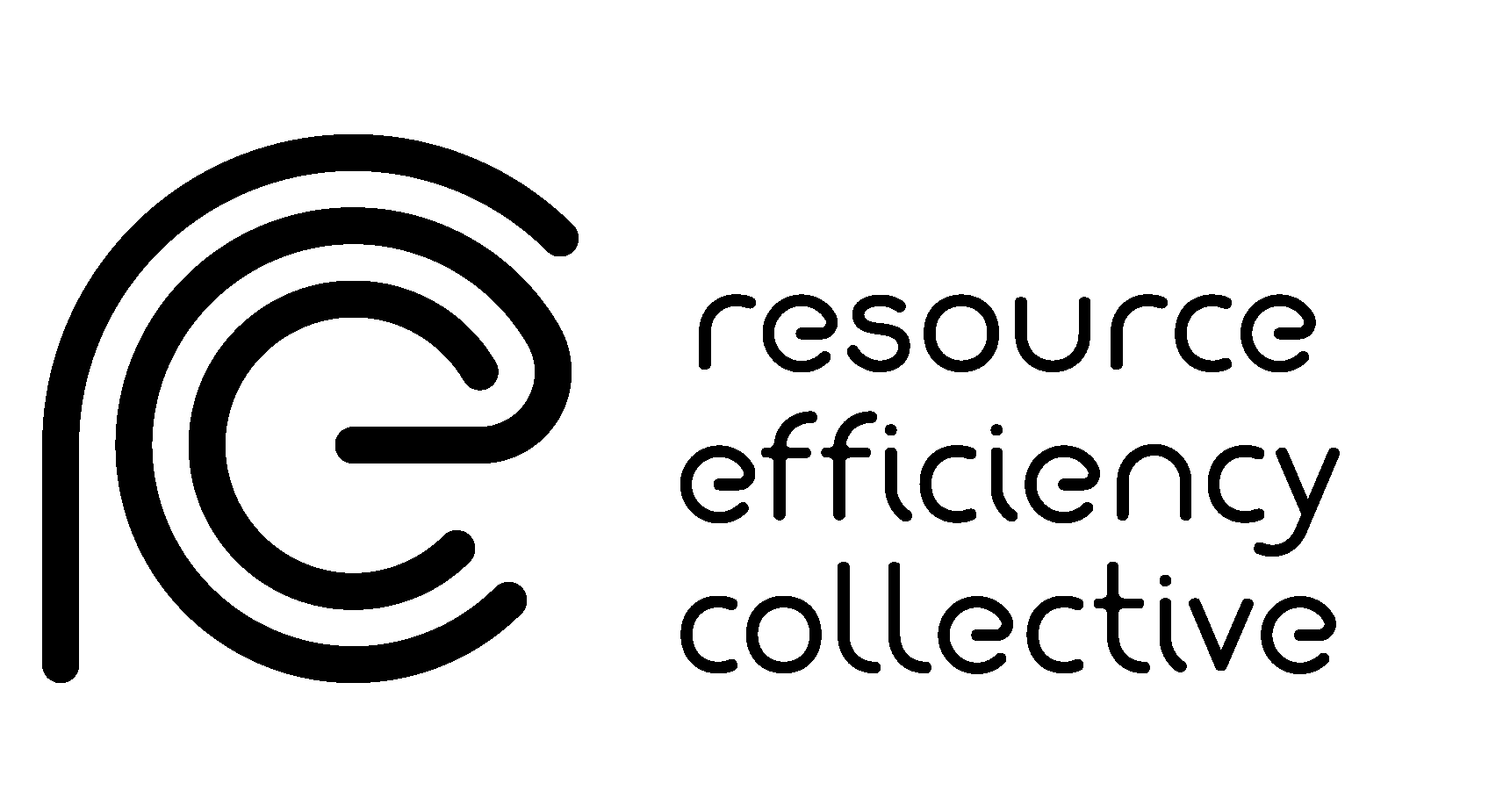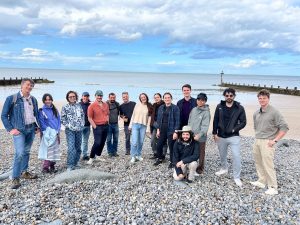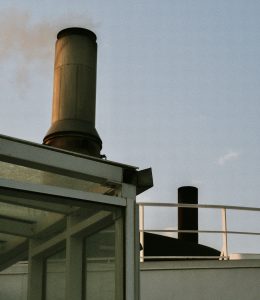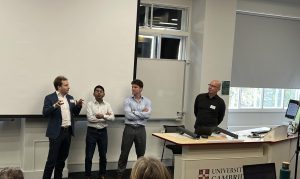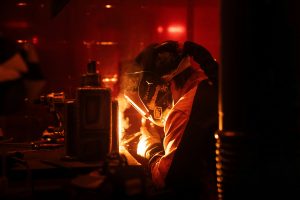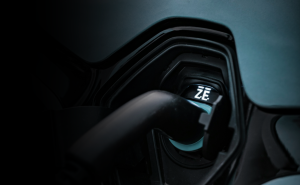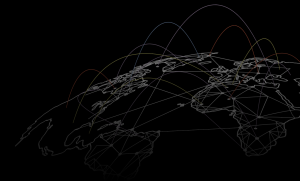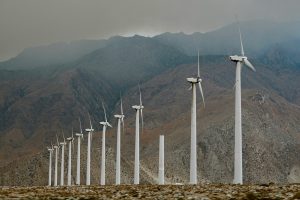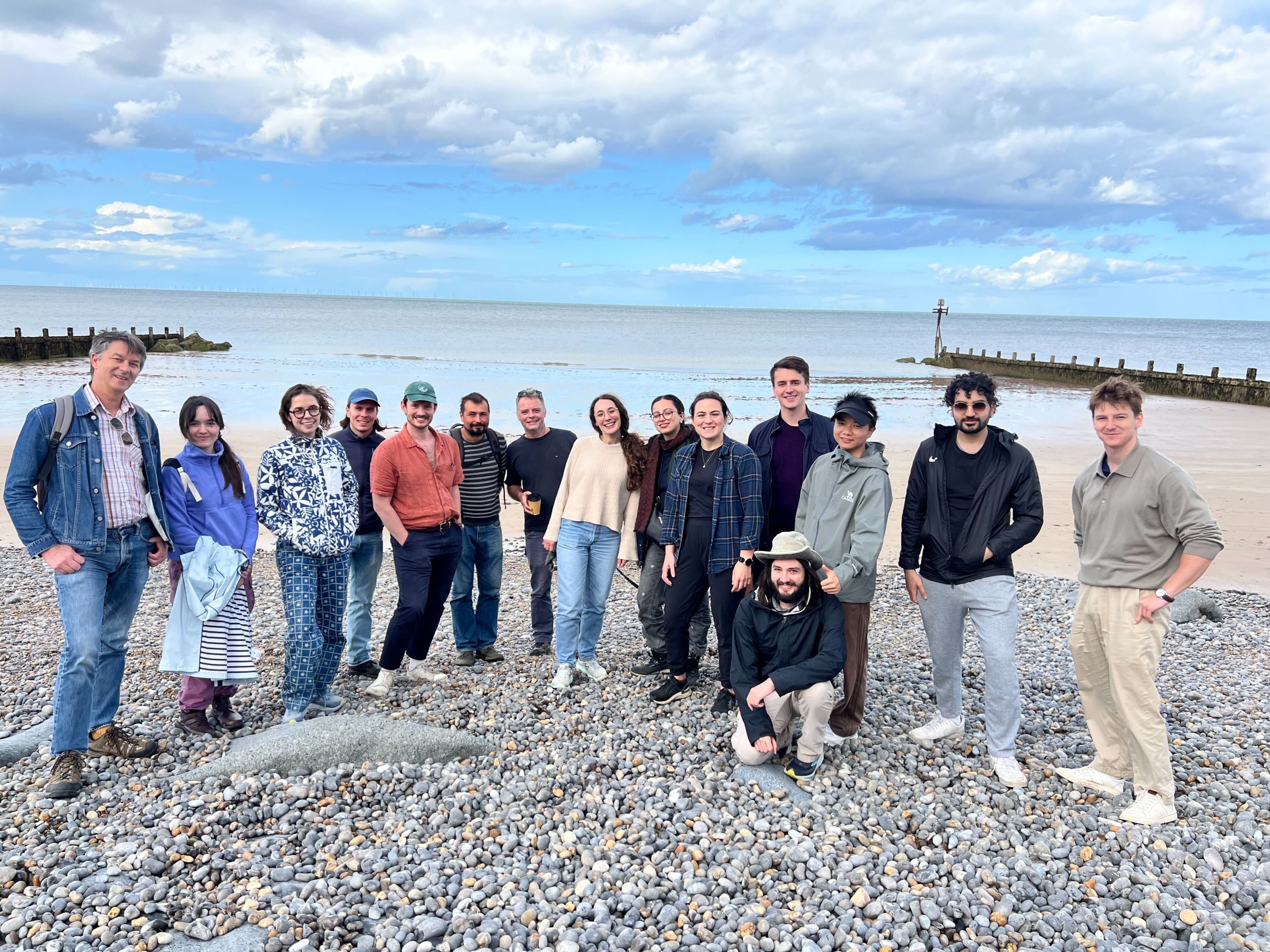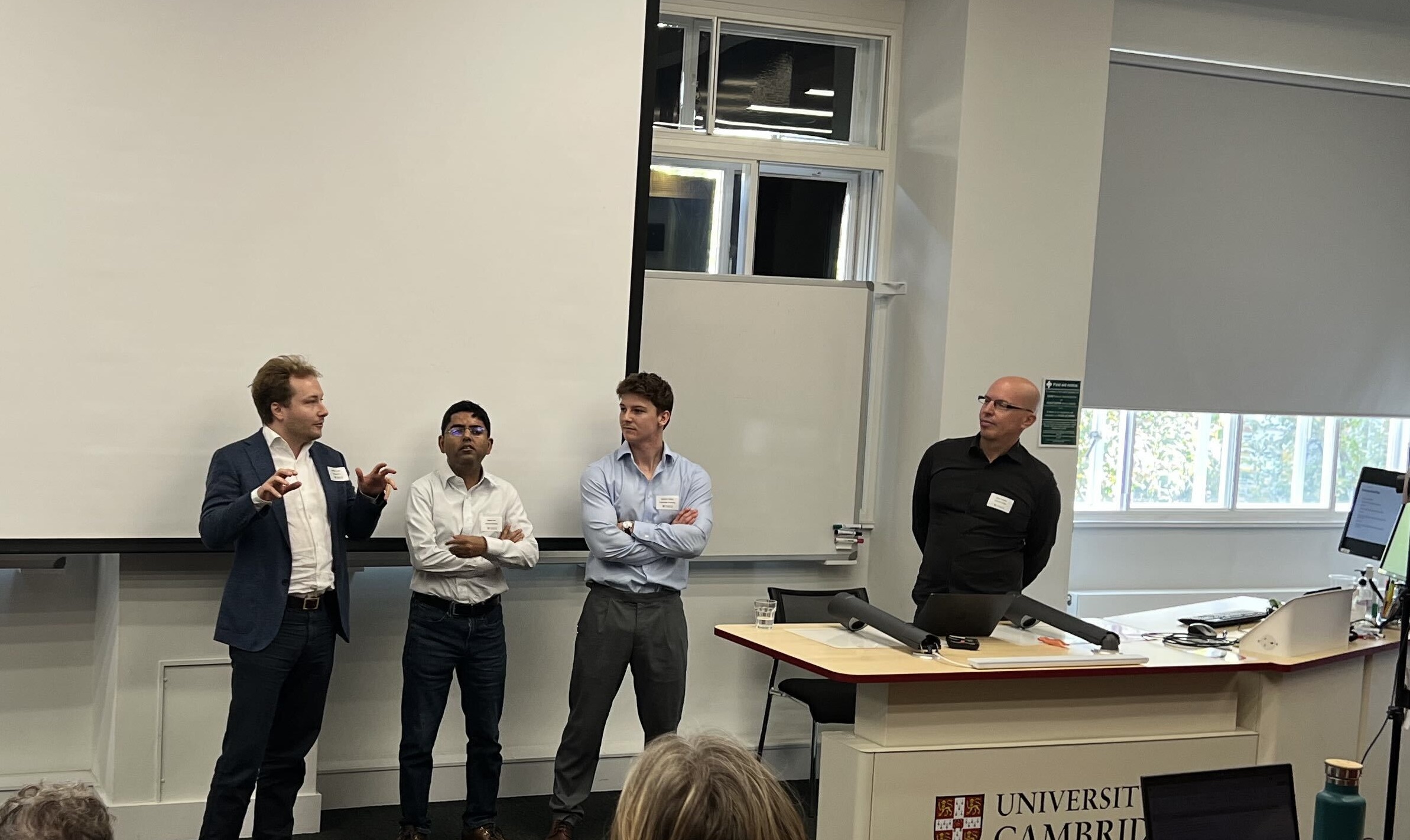Refficiency’s Reflection on 2021
As the year comes to a close, the Resource Efficiency Collective team have looked back on the last 12 months. We’ve published several papers, launched new projects, shared skills and knowledge, presented at COP26, held online workshops, welcomed new members, and we even managed to meet up in person more than once(!).
Here are a few highlights of the year:
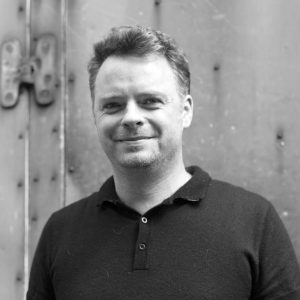
This year was about growth for the Resource Efficiency Collective. We expanded from 5 people to 15 people, started research in new areas like machine learning and bio-plastics, and continued to produce high-quality papers and publications. Unfortunately, it was much more difficult to present our research at conferences, but we did our best online. – Jonathan

This year I most enjoyed working on the UK FIRES “Materials and manufacturing innovation report”, to be published early 2022, and I also enjoyed constructing a detailed model of the mass flows of metals in the United Kingdom. – Jose

This year the Marie Curie project CircNexSt started, it aims to determine the feasibility of achieving circularity within the steel sector using a resource service perspective. Despite the pandemic restrictions, this year was also a great opportunity to expand the academic and professional network and to interact with industrial partners and organisations, such as Worldsteel and Tata Steel, to promote and discuss sustainable resource use strategies – Gabriel
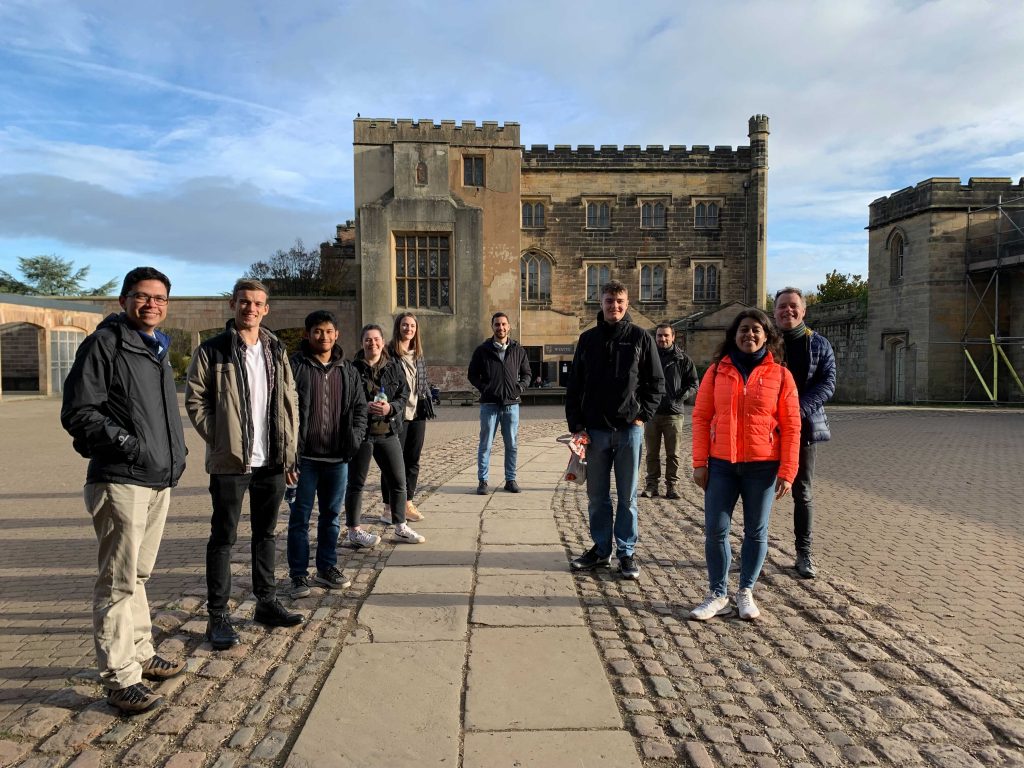

This year has been challenging because of the ongoing pandemic worries; however, it has also been fruitful in terms of work. As part of the Climate Compatible Growth (CCG) programme, I have been working on my model MAT-dp (Material Demand Projections) and have applied it to several country projections in the Global South. I have also been engaging with different people both within and outside our project and I am excited about all the collaborations that either have taken or are taking place. – Karla

Joining Refficiency, what more could one ask for? Through wide-ranging research both within the collective and engaging in COP preparations, I’ve reframed my GHG emissions tracking from global atmospheric assessment to facility specific supply chain assessment where tangible mitigation measures can really make a difference. – Luke

2021, with the sweat and tears in finishing my thesis and coping with Covid hysteria, will be an unforgettable year. Publishing three journal articles and a book chapter as the first author in food traceability, and accepting a postdoctoral job offer to work in biodegradable plastics made me feel grateful and even more responsible for my future endeavours. – Samantha
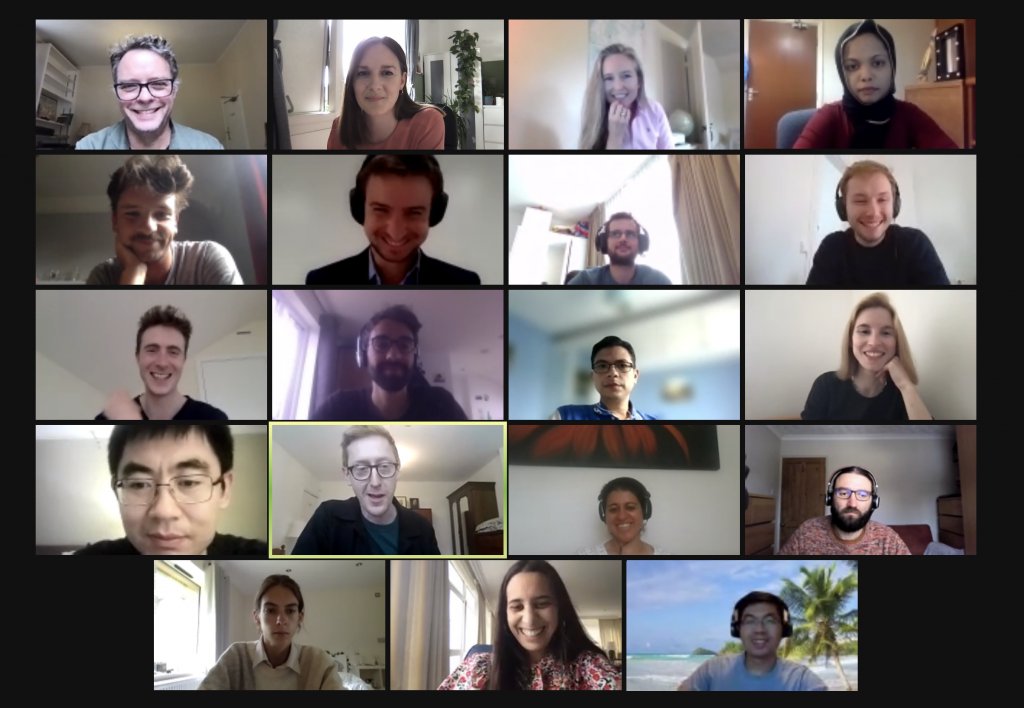

We’ve made great progress this year in understanding the effectiveness of machine learning systems for climate change mitigation. We’ve shown our novel energy system controlling Reinforcement Learning agents can theoretically reduce emissions from buildings at the gigatonne scale. 2022 will be about doing this in practice! – Scott

This year I completed my MPhil degree, finishing with a PhD offer with the Resource Efficiency Collective. I now work on the C-THRU project, operationalising the Business Archetype Model. I look forward to taking my research into the efficiency of energy conversions and energy conversion pathways into 2022. – Ella
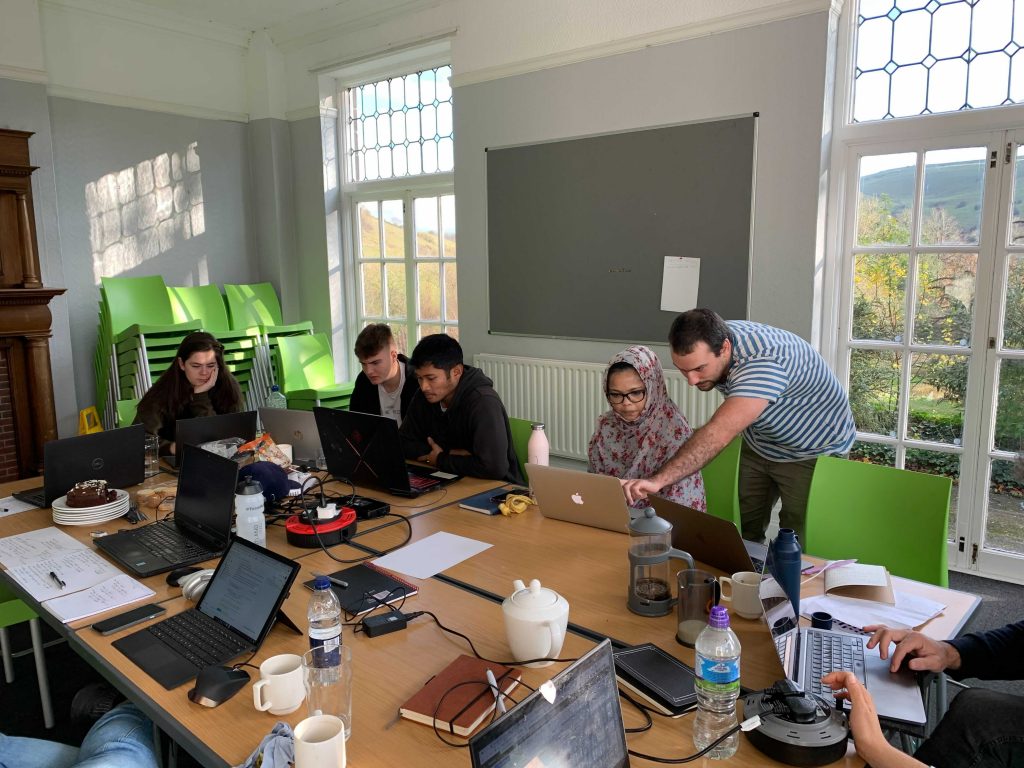

Highlights for me include working as an RA on Workstream 1 of the TransFIRe project, looking into mapping material and energy flows through the 6 Foundation Industries. – Claudio

My 2021 has been a year of growth and change. I joined the fantastic Refficiency group at Cambridge from Nottingham. I have been working on the C-THRU project, met new colleagues, learned new top-down research skills, supervised new students and developed new organisational and leadership skills. I’m excited to see the outputs from the C-THRU project I am working on in the next 12 months. – Fanran
Photo credit: Borna Bevanda
